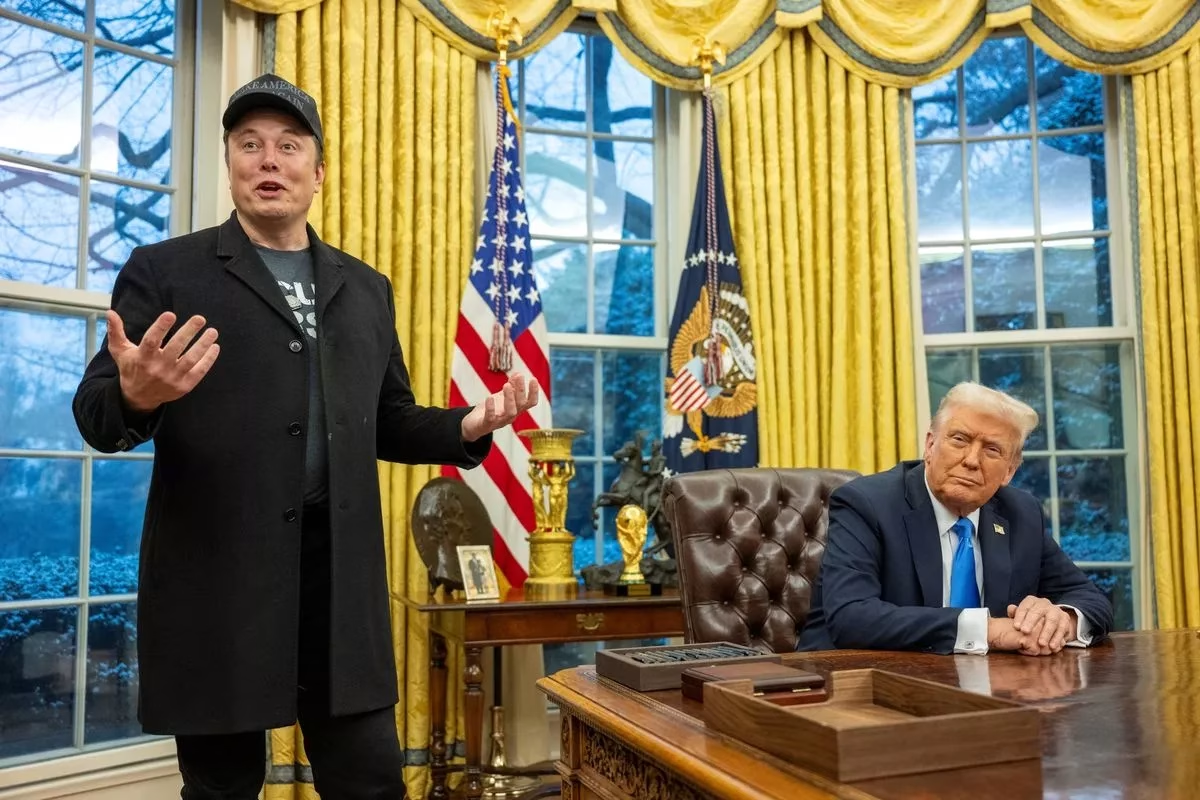By Mary Jones, Ben Emos | Tuesday, August 6, 2024 | 4 min read
In January 2017, shortly before Donald Trump assumed the presidency, a large sum of money—nearly $10 million—was withdrawn in cash from the National Bank of Egypt at the request of an organization linked to the Egyptian intelligence service. The cash was transported in two large bags, each reportedly weighing around 200 pounds.
This withdrawal came under scrutiny when U.S. federal investigators discovered it in early 2019. The timing of this discovery coincided with an ongoing investigation into whether Egyptian President Abdel Fatah El-Sisi had attempted to influence Trump’s 2016 presidential campaign by providing $10 million in cash. Federal law prohibits foreign entities from giving money to U.S. political candidates, making this a potential violation of campaign finance laws.
The investigation aimed to determine if this money influenced Trump’s campaign decisions, including his own subsequent $10 million contribution to his campaign. However, the investigation faced significant obstacles. By late 2019, top officials within the Justice Department, including then-Attorney General William Barr, expressed doubts about the case, and access to crucial bank records was blocked. This led to a halt in the investigation.
This scenario highlights several critical issues:
The potential attempt by a foreign government to influence a U.S. presidential election raises serious concerns about the integrity of democratic processes and the effectiveness of existing safeguards.
The obstruction of an investigation into such serious allegations underscores the difficulties faced by law enforcement agencies when dealing with politically sensitive matters.
If the investigation had uncovered evidence of illegal foreign contributions, it would have significant legal ramifications for Trump and his campaign, as well as broader implications for U.S. electoral integrity.
The internal dynamics and decisions within the Justice Department during this period reveal a tumultuous and politically charged environment. Here’s a breakdown of the situation:
The Justice Department was under intense scrutiny and pressure, as Trump and his allies characterized investigations into his actions, particularly the Russian election interference probe, as politically motivated “witch hunts.” This created a highly charged atmosphere, complicating decision-making processes within the department.
As Attorney General, Barr played a significant role in directing and influencing the investigation. He tasked Jessie Liu, the U.S. Attorney for D.C., with evaluating the classified intelligence related to the Egypt funds case. Barr also imposed oversight on FBI agents he viewed as overly aggressive in their pursuit of evidence against Trump.
As FBI Director, Wray was instructed by Barr to oversee the agents involved in the investigation. Although Wray’s response to Barr’s directive isn’t detailed, his role was critical in ensuring the FBI’s actions aligned with Justice Department directives.
In June 2020, the prosecutor appointed by Barr to lead the case decided to close the investigation, citing insufficient evidence to prove any wrongdoing beyond a reasonable doubt. This decision followed a period of internal disagreement about whether the investigation had been sufficiently thorough.
There was notable dissent among Justice Department officials regarding the handling of the investigation. Some felt that the probe was not allowed to explore all potential leads and that the closure of the case was premature. This reflects broader concerns about the department’s commitment to following evidence wherever it might lead, regardless of political implications.
Trump’s campaign dismissed the reporting on the case as “textbook Fake News,” reflecting the broader contentious nature of the investigation and the polarized responses it elicited.
The case highlights the challenges of maintaining the integrity of investigations in a highly politicized environment. The internal conflicts and external pressures faced by the Justice Department raise questions about the impact of political considerations on legal processes.
The handling of such high-profile investigations can affect public trust in the justice system, particularly if there are perceptions of bias or improper influence.
This episode adds to the complex narrative of Trump’s presidency and the broader investigations into his administration. It illustrates how legal and political battles intersected during his tenure.
Overall, the behind-the-scenes drama underscores the difficulties faced by the Justice Department in navigating politically sensitive investigations and the broader implications for the rule of law and democratic processes.
Copyright 2024 FN, NewsRoom. All rights reserved. This material may not be published, broadcast, rewritten, or redistributed.





